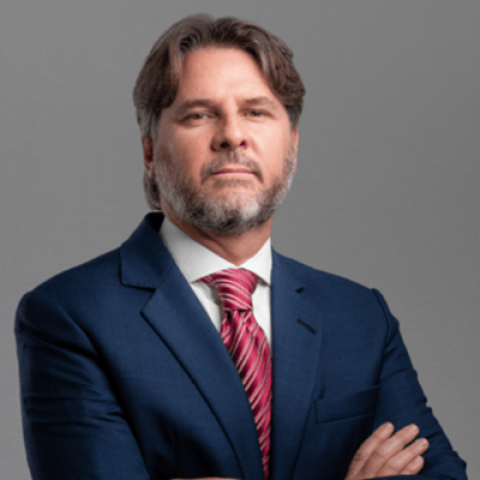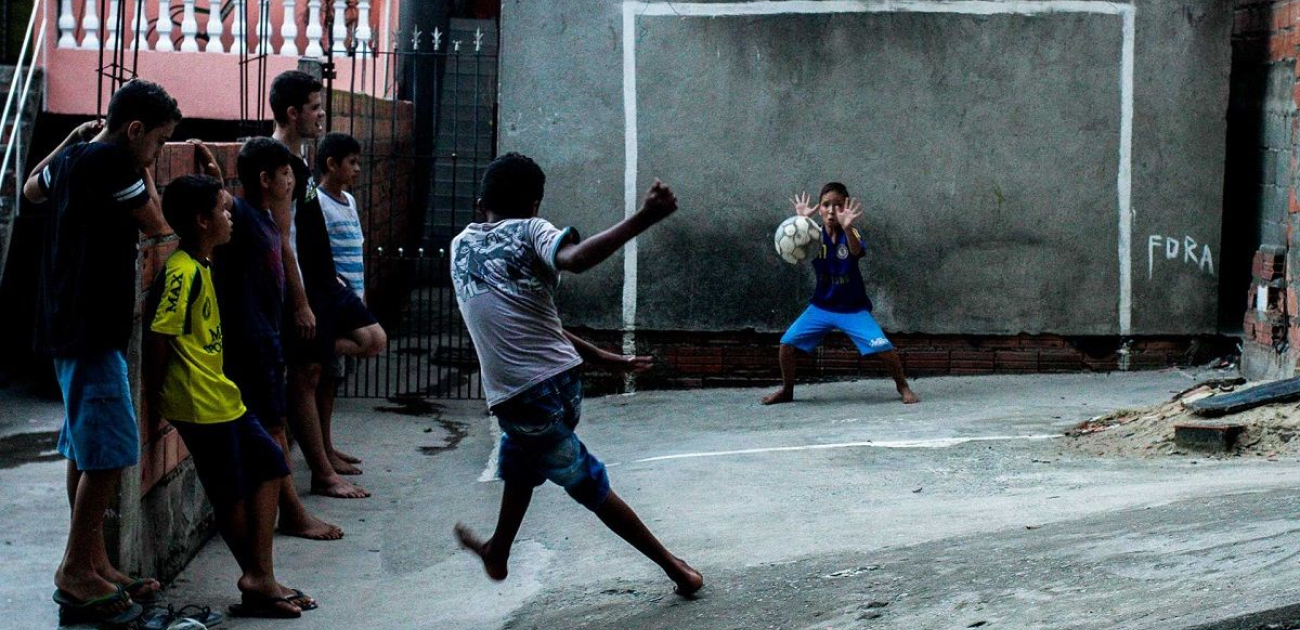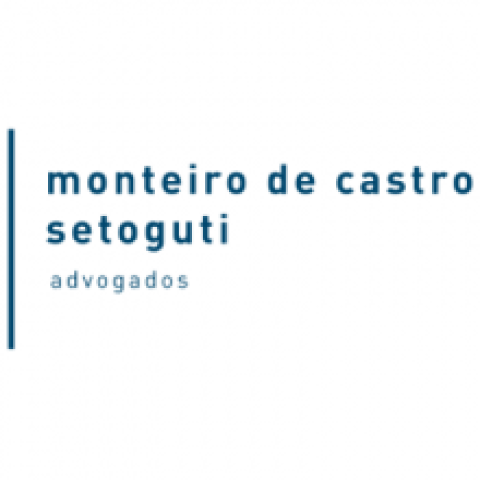The Time and Turn For the National Congress to Resolve the Structural Problem of Brazilian Football
The debate about the club-company is not new: it has been on the agenda since the advent of the 1988 Constitution and has had repercussions, to a greater or lesser extent, with each club crisis or when sports laws are introduced.
Throughout this period (more than three decades, therefore), ideological bias, aimed at preserving conflicting interests with the development of football activity, prevented its progression.
In this sense, the affirmation of the non-profit association, as the agent and organizer of the football company, was facilitated by the purely formal solutions adopted by the Zico and Pelé Laws, which were expressed by the mere suggestion or even by the mandatory transition from associativism to the model. business, without concern, however, with the creation of an environment receptive to new business-football entities.
Thus, club officers declared the incompatibility of the model intended by both laws with the nature of the relationship maintained by the Brazilian with football, and managed to preserve their own interests, to the detriment of the collective interest.
When one imagined the end of the progressive movement - and the definitive consecration of cartolism, even in the face of the evidence of the patrimonial (and affective) destruction caused by the system - PL 5.082 / 16, by the then Federal Deputy, appeared in early 2016. Otavio Leite (PSDB / RJ), whose purpose was the creation of a new corporate route (the football limited company - SAF), the establishment of governance procedures and the establishment of its own tax regime.
The initiative redirected the debate and shed light on the essence of the problem: it would not be through formal commands - such as the mandatory transformation of the club into a company - that the desired results since the 1988 Constitution would be achieved, but, rather, through the conception of a new system, equipped with instruments capable of protecting football as a maximum expression of Brazilian culture and, at the same time, attracting resources available locally and internationally, to finance the football company.
The company club (or SAF) would therefore be only the core of the system - not an end in itself.
In the years following the presentation of PL 5.082 / 16, seminars, events, hearings, etc. were promoted, involving the National Congress, the Executive Branch, the Legislative Branch, regulators, football administration entities, class associations (such as the OAB, the MDA, AASP and the Brazilian Congress of Commercial Law), clubs, players and the market in general.
Then, a convergent movement was formed around the relevance of the activity and the possibilities of forming an unprecedented system in Brazil, capable of contributing to the country's economic and social development, in addition to football.
In 2019, a new fact emerged: the mayor's interest, Rodrigo Maia (DEM / RJ), in the theme. From then on, the debates intensified, especially with the movements promoted by Federal Deputy Pedro Paulo (DEM / RJ), appointed to report a project replacing PL 5.082 / 16.
At the same time, Senator Rodrigo Pacheco (DEM / MG), convinced of the social and economic relevance of football, worked, taking into account the wealth of materials produced in previous years and the dangerous situation of Brazilian clubs, in the construction of a project that offer the definitive systemic solution for Brazil. Thus, PL 5.516 / 19 was born, currently under way in the Federal Senate, which proposes the creation of the new system of Brazilian football, through the classification of SAF, the establishment of rules of governance, control and transparency, the institution of means of financing of football activity and the establishment of a transitional tax system.
After this milestone, the substitute reported by Federal Deputy Pedro Paulo (which provides for the club-company, the special tax regime, the special conditions for accelerated debt settlement, the special debt installment and the judicial recovery of the club-company) it was also presented and voted on in the Chamber of Deputies, and then forwarded to the Federal Senate, where it is also being processed.
The projects adopted different premises and different solutions to the same problems. Hence the inevitability of confrontation, sometimes heated, in defense of the respective convictions. The path of dissent seemed irreversible; until the world stopped because of the pandemic.
This event, it is always good to remember, did not cause the problems of Brazilian football - the cause is the inefficient and retrograde associative-cartolar system - but there is no denying that it has dramatically enhanced them.
It was then that the republican spirit prevailed and, encouraged by the Presidents of both congressional houses, Rodrigo Maia and Davi Alcolumbre (DEM / AP), the authors of the projects in progress in the Federal Senate, Senator of the Republic Rodrigo Pacheco and Federal Deputy Pedro Paulo , started conversations about a possible (and necessary) convergence process, with the purpose of offering the country a unique project, endowed with the necessary instruments to instrumentalize the recovery of football activity and, at the same time, create the new market that will finance it, with sustainability.
Thus, a historic opportunity emerged for the National Congress to solve a secular problem, which affects the most coveted - and numerous - humanistic activity (and which is the passion of the Brazilian): football, with its approximately 4.5 billion followers (and, hence, all the economic and social possibilities that are explored and used by European and Asian countries, but are wasted in our country).
And do not say, moreover, that it is not the time and the turn for the National Congress to act, because it would be dedicated exclusively to facing the pandemic.
The time and the time have also come, without this meaning neglecting the issues emerging from the covid-19, structural projects, which will boost the resumption of economic growth and the insertion of the population affected by the crisis.
Among them, the regulatory framework for the new football market, resulting from the convergence between the projects of Congressmen Rodrigo Pacheco and Pedro Paulo, after decades of improvement and debate, is ripe to be created.
Anyway, there may be a period of 60 days, or less, for the National Congress to write a beautiful (and fundamental) page of its history.
Do you want more information?
 Rodrigo Monteiro de Castro
Rodrigo Monteiro de CastroRodrigo Monteiro de Castro is specialized in corporate and business laws, corporate transactions (M&A), capital markets and contracts.

